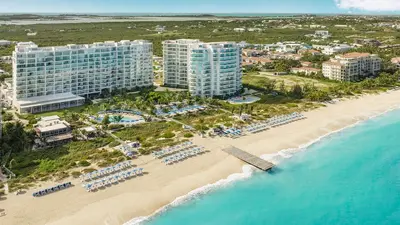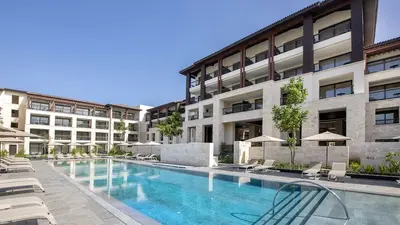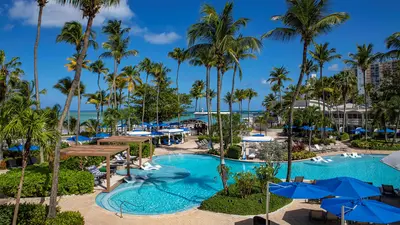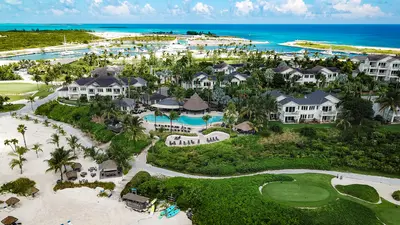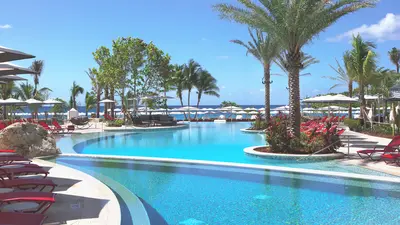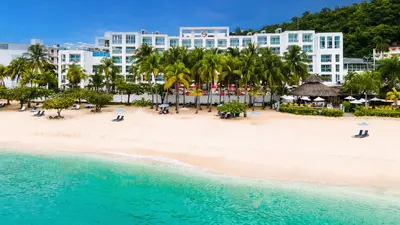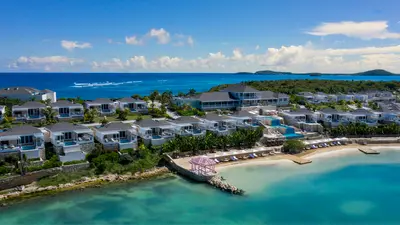North America’s enigmatic island country is a kaleidoscope of colours, cultures and bygone charm – and is notoriously misunderstood. Writer Madeleine Keck unravels some of its secrets.
“Who let me do that?” I think as I stand in line to board my flight out of Havana after a week of exhilarating experiences (and a few mishaps) in the Cuban capital.
The Caribbean island state is renowned for testing even the most experienced travellers: it’s rich amalgam of cultures and distinct political history uniting to form a country that is entirely unlike anywhere else.
Here are five things I learnt as a solo female tourist in Cuba.
1. Bring more cash than you think you’ll need
It wasn't until the third blank stare at the third currency exchange store I tried that I cottoned on; getting my hands on physical Cuban cash in Melbourne might be harder than expected. Unlike travelling to almost anywhere else, I quickly learnt it is not possible to stock up on local Cuban currency before touching down in the country.
Instead, ensure you have plenty of US dollars and euros in small denominations, which can then be exchanged for the Cuban National Peso at exchange houses at airports and throughout the country. Don’t trade it all: many guesthouses and private restaurants prefer payments in dollars and euros. While the peso is the only legal currency, all three are widely accepted.
It pays (literally) to check with your bank before you travel to ensure your credit and debit cards will be accepted. Some US and select Australian bank cards will not work in the ATMs available, which I learnt while desperately trying to scrounge up enough money to pay my taxi driver 30 minutes before my flight departed.
It’s important to note that you cannot exchange your pesos back into dollars or euros at airports. You should also not take pesos out of the country. The solution: spend all your pesos at the end of your stay (souvenir time) or exchange them for a foreign currency before heading to the airport.
2. Understand visa regulations before you go
There are certainly easier places to access than Cuba, but those who persevere with the extra paperwork are rewarded with architectural marvels, shrines to Cuban sovereignty, colonial-era mansions, reggaetón music halls and pristine shores.
You'll need a visa, or tourist card, to enter the country, which can be organised through your travel agent, airline or the consulate of Cuba. It's also worth noting, if you're travelling on to the USA after, that anyone who has visited Cuba after 12 January 2021 cannot enter the country on an easy-to-obtain A$33 ESTA visa. Instead, those heading to the USA must apply for a tourist visa via their nearest USA Embassy or Consulate.
3. There is no Australian or New Zealand Embassy in Cuba
It wasn’t until I was squarely in my seat, 40 minutes after takeoff, that I realised how close I had come to making the biggest rookie travel mistake: losing your passport. While the blunder would be inconvenient anywhere, losing your passport in a country with no Australian Embassy would have been, well, not ideal.
Australians requiring consular assistance can speak to the Canadian Embassy in Havana – so I wouldn’t have been left entirely in the dark. For those wondering, I left my passport in an ATM on the lower floor of the airport while trying, to no avail, to take out cash to pay my taxi driver. Twenty minutes later, after I’d retraced my steps, it thankfully was still there. Miracle.

4. The locals are incredibly friendly
One of the enduring memories many travellers have of Cuba is the warmth of its people. Vibrant and expressive with a flair for dance (it is the home of salsa, after all), most locals welcome a good chat.
I was personally so enchanted by their friendliness that I forgot, like any destination in the world, not to be overly trusting. There is no confusing administrative process or cultural difference to blame here, but a naïve approach to making friends while solo backpacking. It was my second day in the country when a local came up to me on the street, struck up a conversation and invited me to come back to their house for tea and traditional Cuban cigars.
How lucky was I? Less than 48 hours into my trip I’d already met and befriended a local.
Alas, this was an attempt to get me to purchase, at an exorbitant price, their collection of cigars and teas – which became obvious two minutes after I first stepped into their home. The lesson? Catch up with your new friends in public and purchase those famous cigars from the source at official stores.
5. It’s wonderfully off-grid
Cuba is famous for vintage cars, delicious rum, outstanding beaches and questionable internet access. However, while once considered one of the least connected countries in the world, internet access in Cuba has improved dramatically over the past decade, with tourists able to connect to the net (albeit often patchy) in most hotels, some private guesthouses and public hotspots like parks.
Accessing the internet in public can be done via a NAUTA card, purchased through the nation’s state-owned telecommunications company ETECSA, which provides users with a one-hour access limit in select locations. A one-hour card costs around A$1.50.
In 2020, Cuba’s phone carrier, Cubacel, introduced a tourist sim card, offering visitors 1GB of data across 30 days for around A$38. What worked for me, however, was pre-downloading all city maps and doing plenty of research on restaurants and activities before entering the country, then using the patchy guesthouse Wi-Fi as a backup.
Travel information is correct at time of publishing and subject to change. For the latest information, click here.
Looking for more inspiration? Check out The Best Things to do in The Bahamas.



